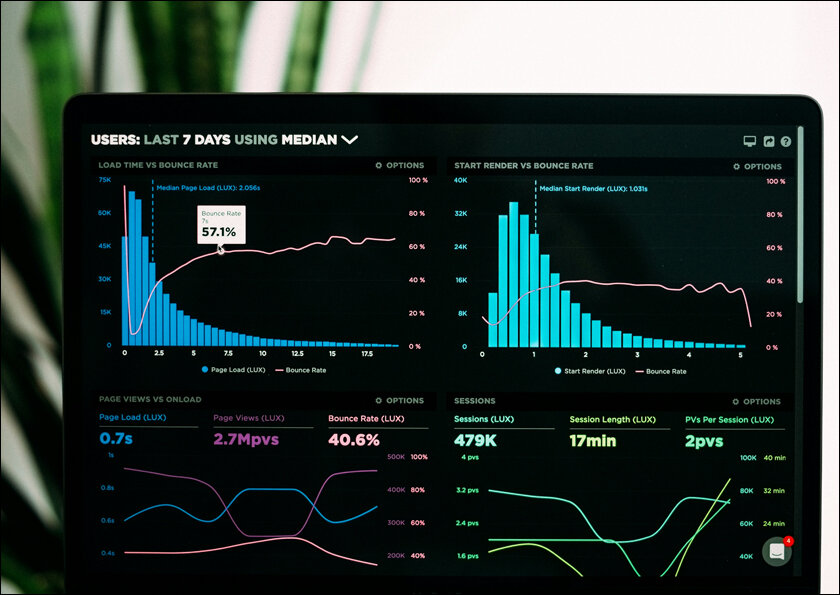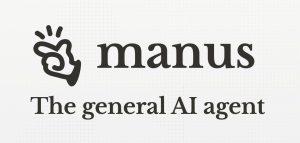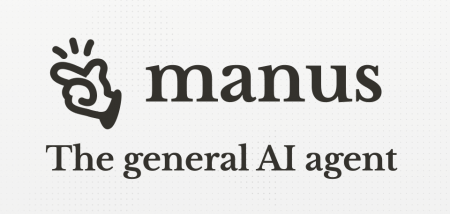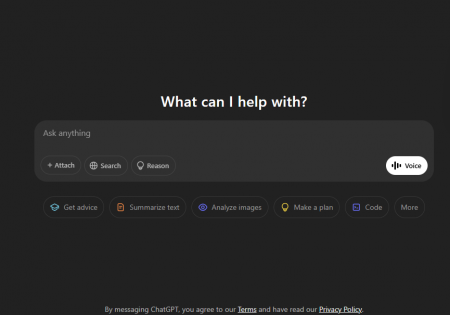Artificial Intelligence offers small businesses a competitive edge by automating processes, enhancing customer experiences, and driving data-driven insights.
Artificial Intelligence (AI) is mandatory to survive in the marketplace. AI’s capability to learn and mimic human actions to achieve certain tasks creates new opportunities for small businesses. AI can level the playing field for small businesses as they can compete with large corporations without the latter’s resources.
AI technology refers to systems that imitate human intelligence to perform tasks and improve itself based on data inputs. For small businesses, incorporating AI can improve efficiency, reduce costs, increase productivity, and deliver tailored customer experiences. AI offers a way to leverage data insights, automate tasks, enhance customer experiences, and stay competitive.

Practical Applications of AI for Small Businesses
1. Customer Relationship Management (CRM): Predictive analytics is the use of AI to analyze customer data and provide tailored experiences. With the help of AI, small businesses can analyze customers’ needs, their habits, and behavior trends and based on that improve offers and communication to build customer satisfaction and loyalty.
2. Chatbots and Virtual Assistants: These tools mimic human conversations to provide round-the-clock customer service through customized product recommendations and improved customer experiences in a cost-effective way.
3. Data Analysis and Predictive Modeling: Data analytics is the process of examining, cleaning, transforming, and modeling data with the aim of drawing conclusions from it and includes predictive modeling, which uses statistics to predict the outcomes.
4. Marketing Automation and Process Optimization: AI performs labor-intensive tasks such as email outreach, data entry, and administrative procedures faster and more accurately.
5. Intelligent Pricing Strategies: AI can use information on competitor pricing to provide optimal pricing recommendations that maximize revenues or profits.
6. Fraud Detection: Application of machine learning techniques on transactional data can be used to identify frauds.
Ways in Which AI Can Benefit Small Organizations

1. Better customer experiences with customized service, suggestions, and round-the-clock help
2. Process efficiency through simplifying tasks and eliminating human mistakes
3. Analyzing trends, predicting customers’ behavior, and preferences for data-driven insights
4. Competitive advantage through superior service, efficient operations, rapid responses to market conditions, and smart pricing
5. Cost benefits as a result of process efficiencies, inventory management, and fraud detection
6. Increased productivity and scalability by freeing up human resources for higher-value tasks
Challenges of Adopting AI

- Beliefs that AI is expensive, complicated, and very difficult
- Lack of clear evidence about benefits of AI in actual business settings
- Technical difficulties arising from the lack of in-house skills, the possibility of hiring external professionals, and compatibility with systems already in place
- Data corruption, insufficient data, and problems of data preparation and management for AI models
- Legal and ethical issues in information security and compliance
- Cultural resistance and skepticism to embrace AI technologies in the organization

Artificial intelligence presents numerous opportunities for optimizing small businesses and improving experiences for customers. Applications of AI in the form of chatbots, predictive analytics, automation, and intelligent pricing can help small businesses remain customer-focused. While challenges exist, the practical benefits of AI make it a valuable investment for future success and growth.
In case you missed:
- Equipping Businesses with AI: Strategies and Best Practices
- Understanding Data Residency
- The Rise of Data Fabrics: Unleashing the Power of Enterprise Data
- Balancing the Scales: AI Evolution vs Ethics
- Edge Computing and the Power of Data Centers for Real-Time Decision-Making
- Incident Response and Disaster Recovery: Preparing for the Worst-Case Scenario
- Data Classification and Risk Assessment: Foundations for Effective Data Protection
- AI-Powered Cybersecurity: How Machine Learning is Revolutionizing Threat Detection
- Data Management Techniques
- The Human Element: Why Security Awareness Training is Critical for Every Organization









